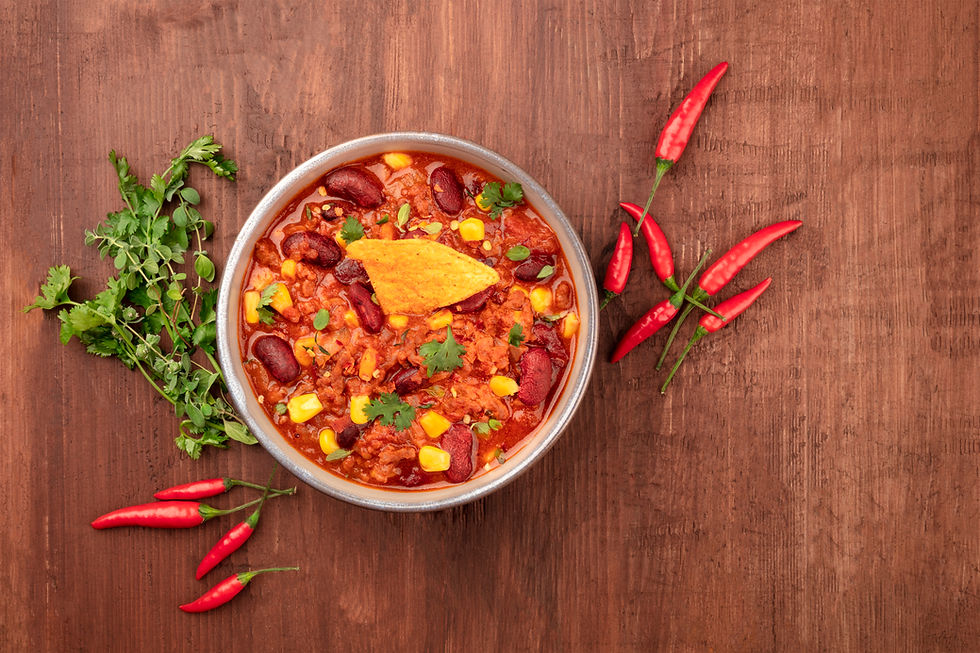We are fortunate to live in a country that embraces so many different cultures and traditions. ILIOS foods is a brand that shares in this patriotic love for discovering the world through other people's eyes (and tastebuds!) which is why we thought it would be interesting to discover the key distinctions between Halal and Kosher foods.

In a country known for embracing all different types of cultures and religions, Canadians regularly come across Halal and Kosher foods. We see the Halal and Kosher seals of approval at the grocery store (especially on meat) all the time. But what makes a certain food Halal vs. Kosher and what are the main differences?
We like to consider food as one of life’s simple pleasures; but in some cases, food is not so simple and can be political, spiritual and religious. Many people of the Jewish religion adhere to strict Kosher guidelines where it concerns their food and many Muslims of the Arabic world eat only Halal foods. Kosher, in Hebrew, means fit or proper and Halal refers to food that is permissible.
Here are some facts about both Halal and Kosher foods and the differences between each one:
Both Halal and Kosher laws call for quick slaughtering techniques that cause the animal in question the least amount of pain possible.
Halal law requires praying to Allah before or while each animal is slaughtered, but Kosher does not require prayer before each slaughter.
A shochet, or specially trained rabbi, must slaughter the animal, while any adult Muslim, Christian, or Jew can slaughter the animal in Halal law.
Residual blood in meat is fine in Halal rules, but Kosher rules call for rapid, complete draining of the blood at the time of slaughter.
Halal rules allow for eating the whole animal, but kosher law prohibits eating the hind quarters.
Kosher law prohibits eating shellfish, land animals with scales, and any mammal that does not chew its cud and and does not have split hooves. Halal is not as restrictive.
Both Kosher and Halal rules prohibit eating pork and birds of prey.
Kosher law prohibits mixing dairy and meat (including during the prep and cooking process which means different utensils, dishes, etc… must be used). Halal does not.
Any Kosher dairy products must come from a Kosher animal and must follow the Kosher guideline of not mixing any meat product or bi-product with a milk product (ex. many cheeses are made with rennet which is an animal bi-product)
Halal-certified foods exclusively involve foods that require the slaughter of an animal and not animal bi-products such as milk, cheese and eggs. Some cheese is not considered Halal if it contains animal-derived rennet.
In Kosher laws, foods that are neither meat nor dairy are called pareve. (eggs, fish, fruit, vegetables, grain, etc…) Pareve foods would not be considered kosher if they were processed on any equipment that came in contact with non-kosher meat or dairy.
Pareve foods must be checked for small bugs or larvae which are not kosher and, in the case of eggs, must also be checked for blood spots to remain Kosher-certified.
Halal rules prohibit wine, beer, liquor and drugs whereas wine is acceptable in Kosher laws.
Now that you know the key differences between Halal and Kosher foods you are better equipped to help accommodate the dietary needs of people in your lives who are choosing to follow the guidelines put in place by their chosen religions and cultures.
Bon appétit!
(bil-hanā' wa ash-shifā') بالهناء والشفاء / بالهنا والشفا
(be'te-avon) בתיאבון


